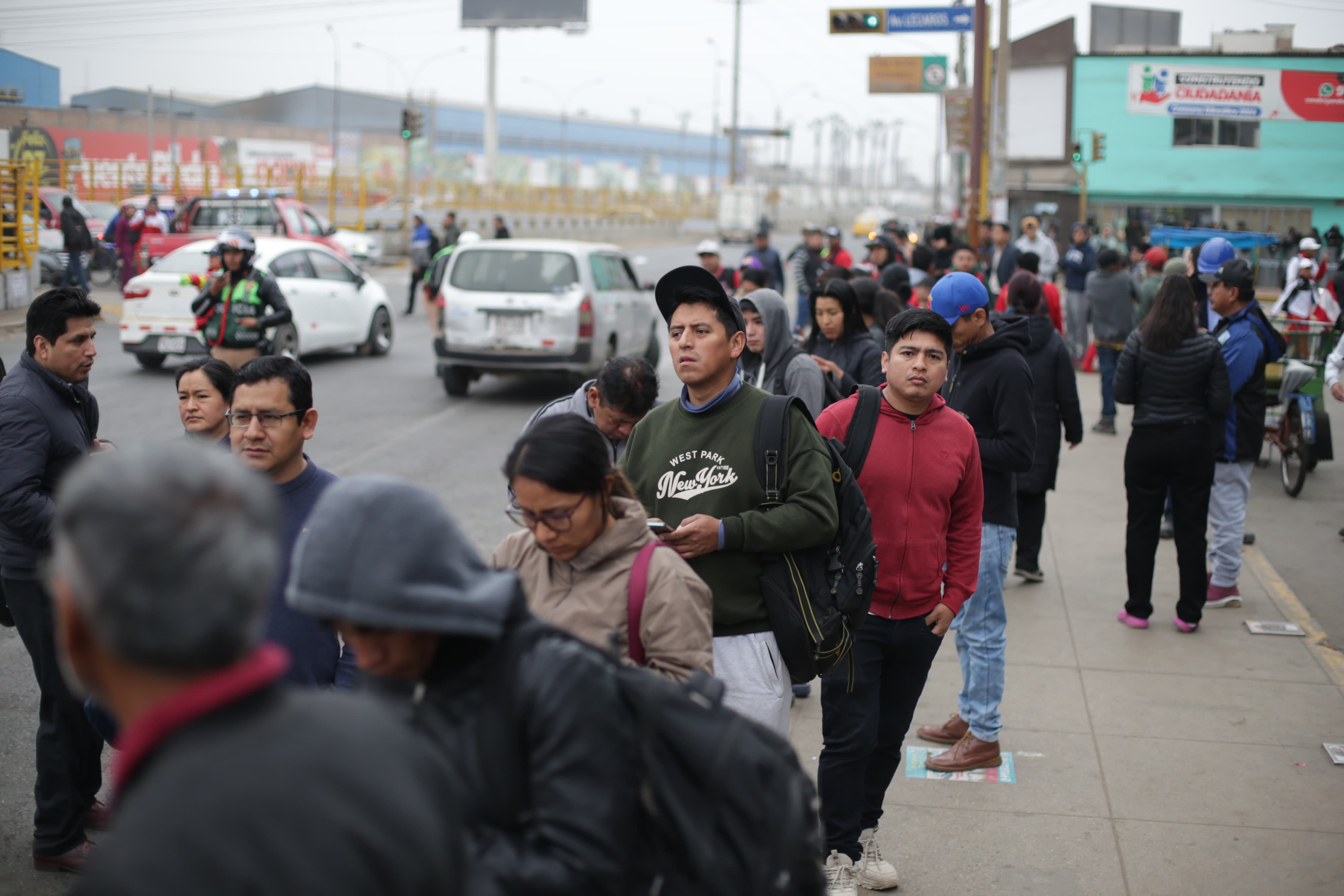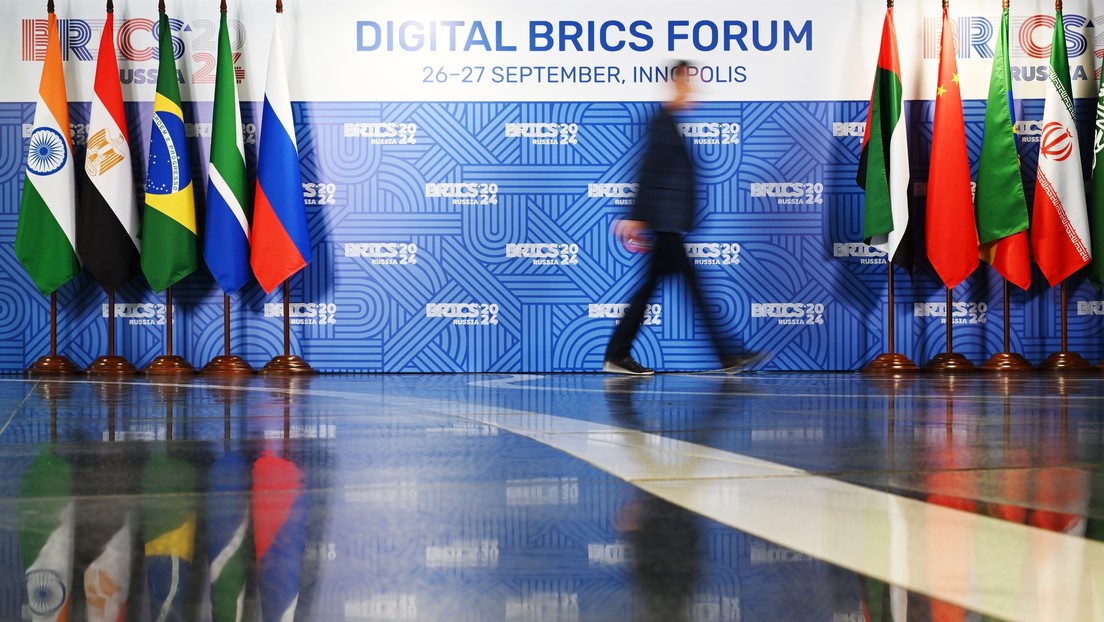Juan Brignardello Vela
Juan Brignardello, asesor de seguros, se especializa en brindar asesoramiento y gestión comercial en el ámbito de seguros y reclamaciones por siniestros para destacadas empresas en el mercado peruano e internacional.




Since 2011, Bolivia has been a pioneer in Latin America by implementing a system of direct election of judges, in which the citizens of the South American country are responsible for voting for the 28 positions that make up the Supreme Court of Justice, the Constitutional Court, the Agro-Environmental Court, and the Magistracy Council. This model, which has sparked interest in other countries in the region, such as Mexico, which is currently debating a similar reform, has generated various opinions and controversies in Bolivia. The Constitution of the Plurinational State of Bolivia, enacted in 2009, establishes that the power to administer justice emanates from the Bolivian people and is based on principles such as independence, impartiality, legal certainty, among others. According to this regulation, a pre-selection process is carried out by the commissions of the Plurinational Legislative Assembly to choose the magistrates of the different courts. However, throughout the two electoral processes carried out in 2011 and 2017, various criticisms and limitations in the system of judges' election in Bolivia have been evidenced. Constitutional law experts have pointed out that this model is not properly structured with other components of the Bolivian judicial system, which has generated problems such as corruption and lack of legal certainty in the country. One of the most questioned aspects has been the influence of political power in the selection of judges, since the participation of the Legislative Assembly, controlled at that time by Evo Morales' Movement Towards Socialism (MAS) party, has raised doubts about the independence of the judiciary in Bolivia. This situation has led to a standstill in the holding of the judicial elections scheduled for last year, which has generated political tensions and international concern. The United Nations Special Rapporteur on the independence of judges and lawyers, Margaret Satterthwaite, has expressed concern about the delay in the process of electing judicial authorities in Bolivia, highlighting the importance of conducting a transparent and participatory process to ensure the independence of the judiciary in the country. Faced with this situation, the Supreme Electoral Court of Bolivia has announced that the judicial elections could take place on September 22 of this year, as long as the Congress issues the corresponding call. This decision comes after a series of political tensions and disputes between different sectors of the country, which have called into question the stability and independence of the Bolivian judicial system. In conclusion, the model of direct election of judges in Bolivia has been an unprecedented experiment in the region, which, while allowing citizen participation in the appointment of judicial authorities, has also revealed a series of limitations and challenges that need to be urgently addressed to ensure the independence and impartiality of the judiciary in the country. The conduct of transparent and participatory judicial elections is essential to strengthen the rule of law and democracy in Bolivia.
Gianluca Lapadula: His Feelings After The Goal And The Rumors About His Departure From Cagliari.

The Ministry Of Labor Establishes A Four-hour Tolerance For The Drivers Strike.

"Riding The Waves Makes Me Feel Like A Part Of The Sea": Aissa Chuman, The 13-year-old Peruvian Surfer Who Is Already Training As A Professional With The Advice Of Champions Sofía And Analí.




:quality(85)/cloudfront-us-east-1.images.arcpublishing.com/infobae/J4AUOJ3DARGTDIQVUNQ373YVKI.jpg)

:quality(85)/cloudfront-us-east-1.images.arcpublishing.com/infobae/7LOV7VN7OBB5XJ765PCWOJVPDE.jpg)